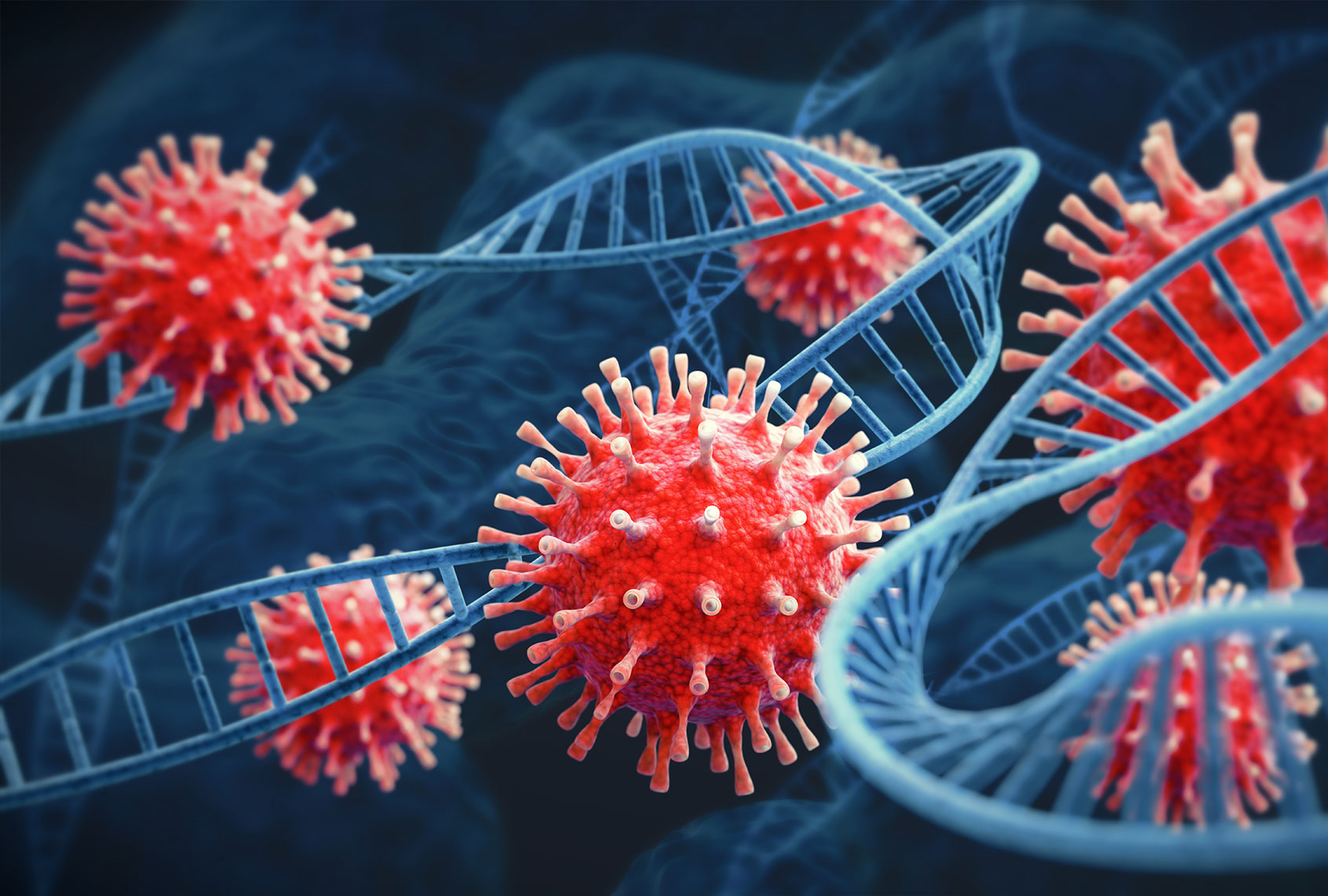
After a month of falling coronavirus case numbers in the United States, President Joe Biden's CDC director warned that the rise of mutant coronavirus strains could wipe out all of the gains made so far in fighting the pandemic.
"Please hear me clearly: At this level of cases with variants spreading, we stand to completely lose the hard-earned ground we have gained," Dr. Rochelle Walensky, who Biden appointed to lead the Centers for Disease Control and Prevention (CDC), told reporters on Monday. She noted that new infections increased by 2% last week compared to the week before that one, a stark contrast to how numbers had been declining over several previous weeks.
Walensky urged states to avoid prematurely lifting COVID-19 restrictions that could help slow or prevent transmission of the virus.
"I am really worried about reports that more states are rolling back the exact public health measures we have recommended to protect people from COVID-19," Walensky explained. She urged the public to continue wearing masks and following other public health safety measures.
"Ultimately, vaccination is what will bring us out of this pandemic," Walensky added. "To get there, we need to vaccinate many more people."
Public health experts shared Walensky's sentiments.
"Although improved markedly since January, we have today an extraordinarily high level of circulating SARS-CoV-2 virus with daily case and death rates comparable to the peak of last summer's surge," Dr. Russell Medford, Chairman of the Center for Global Health Innovation and Global Health Crisis Coordination Center, wrote to Salon. "Under these conditions, we run the real risk of a new and even greater surge with coronavirus variants that exhibit higher transmissibility, increased virulence and resistance to vaccines."
Dr. Georges Benjamin, executive director of the American Public Health Association, echoed Walensky's concern.
"While the current vaccines cover the major variants we have identified to date there is the risk of a variant emerging that escapes the vaccine," Benjamin explained in an email to Salon. "Such escape would reestablish a new surge of infectious disease."
Dr. Alfred Sommer, dean emeritus and professor of epidemiology at Johns Hopkins Bloomberg School of Public Health, told Salon that he believes Walensky is "being honest and cautious. It is entirely speculative but appropriate to be concerned that variants might well arise (like the South African variant now circulating) that will be less sensitive to present vaccines." He added that this problem can be addressed if pharmaceutical companies respond by making new variants on existing vaccines to address mutant strains, although he noted that production and distribution issues will limit corporations' ability to get revised vaccines into the arms of the public.
Until then, Sommer argued that people need to follow public health guidelines.
"Get vaccinated, support government investment in tracking and responding to new variants, and be sensitive to the appropriate use of masking and social distancing as recommended," Sommer told Salon.
Benjamin echoed Sommer's view, adding that the way to avoid losing the progress made so far in fighting COVID-19 is to make sure coronavirus variants can not replicate. That in turn means they will be unable to create mutant strains that could be more transmissible or evade vaccines.
"The way to stop this is wearing a mask, hand hygiene and social distancing," Benjamin told Salon, adding that Americans should also be "avoiding large gatherings until we get effective disease control and get community immunity via vaccination."
Not all of the medical experts who spoke with Salon agreed with the CDC director about the variants, although all of them did stress the importance of following public health guidelines like wearing masks and social distancing. Dr. Monica Gandhi, an infectious disease doctor and professor of medicine at the University of California–San Francisco, told Salon by email that she disagrees with Walensky's statement.
"All of the approved vaccines in the U.S. provide 100 percent protection from severe COVID-19 disease that requires hospitalization, even when the trials were conducted in regions in which the variants are circulating," Gandhi explained. She cited as one example how the Johnson & Johnson vaccine, which is administered in a single dose, stopped 100 percent of COVID-19 related hospitalizations and deaths in the United States, Latin America and South Africa. This happened even though 95 percent of the South African strains at that time were of the B.1.351 variant and 69 percent of those in Brazil were also of a new mutant strain.
"Reinfection with variants leading to a symptomatic infection after vaccination or natural infection is rare," Gandhi argued, pointing to recent studies.
Want more science stories in your inbox? Subscribe to Salon's weekly newsletter The Vulgar Scientist.
Article From & Read More ( CDC director: Mutant coronaviruses could wipe out gains in fighting COVID-19 - Salon )
https://ift.tt/3qbDQuO
Health
No comments:
Post a Comment